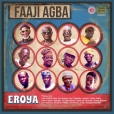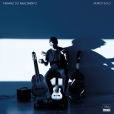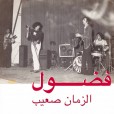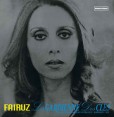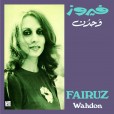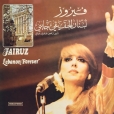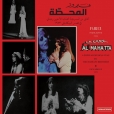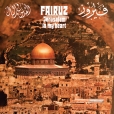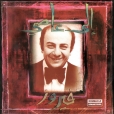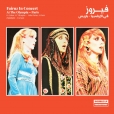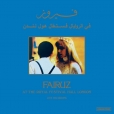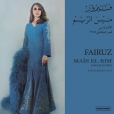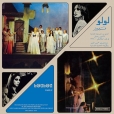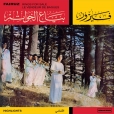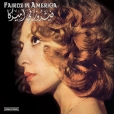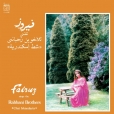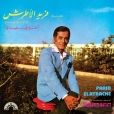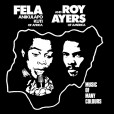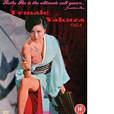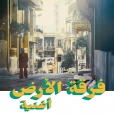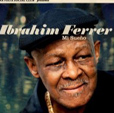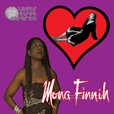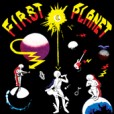Your basket is empty

Originally released in 1978, Wahdon announces this great diva’s switch from traditional to more modern idioms and arrangements.
Three mesmerising songs to start, including Habaitak Ta Neseet Al Naoum (I Loved You So Much I Forgot To Sleep), with ravishing strings and percussion.
Recorded in Athens at the studios of EMI Greece during the same sessions as Zaid Rahbani’s Abu Ali LP, and likewise edging into funk and disco, the second side is something else. In Al Bostah (The Bus), a woman recalls a bus journey with a lover, in scorching heat, to extended, hypnotic, uptempo, funkdafied disco. The title track Wahdon crafts a slower, jazzier setting for Fairuz’ out-of-this-world singing.
Recommended.
A groundbreaking, 1978 blend of Arab, jazz, Baroque pop, folk, and Brazilian styles like Bossa Nova, Tropicalia and MPB, with Fairouz’ son Ziad Rahbani as musical arranger, setting Palestinian poetry by Samih Al Qasem, Tawfiq Ziad, and the great Mahmoud Darwish.
Beautiful, small-group boleros. Ibrahim’s last, attenuated sessions before his passing in 2005.
Boogie-down cosmic funk — like full-throttle Roy Ayers. Jimi Adams packs his inner Hendrix off to Funky Town; the horns are the horniest; Mona runs it all down with an irresistible West African tilt.
Afro-space-disco murder — shuffling and wiggling, synthy and bubbling — from this re-incarnation of Willy Nfor’s Mighty Flames, recruited mostly from the wave of Cameroonian musicians drawn to Nigeria in the late-1970s by its heavy new funk sound. It’s a long way from Ohio, but the Troutmans are in the mix.
